Google's Android has flatlined in the U.S. as Apple's iPhone steals all growth
Smartphone sales at AT&T and Verizon Wireless over the past two years show that Android isn't growing in the U.S. and that all new growth is coming from Apple's iPhone.
Source: ben-evans.com
A report by Benedict Evans highlights the clearly evident trends among American iPhone carriers (above).
Android is a commodity sale
Evans also drew attention to the cyclical nature of iPhone sales, which peaked at both AT&T and Verizon after the launch of the iPhone 4S in 2011 and the iPhone 5 last fall. Android phones aren't doing that, however.
Instead, as Evans noted, "there's near-zero seasonality in Android phone sales. People decide they want a phone and go out and buy whatever's in the shop at the time that looks good. Launches of 'hero' Android phones appear to have no impact at all - they may take share from other Androids, but not from iPhone and they don't increase overall sales."
There's not even an apparent correlation between iPhone peaks and Android sales; "It looks like a new iPhone launch doesn't tempt in Android buyers at all," Evans stated.
Android buyers are upgrading to iPhones
At the same time, Evans notes that there is real churn among Android buyers, many of whom are upgrading from basic feature phones. There's also no shortage of buyer intention surveys that indicate that first time Android users plan to upgrade to iPhones in the future, indicating that Google's platform is functioning like training wheels for the iPhone.
In an earlier post, Evans calculated that "a little over 90% of the current Android base got its first Android in the last 2 years, and 68% of the iPhone base its first iPhone."
He added, "It'll be interesting to see what their second purchase is."
That's why Verizon upgraded to iPhone in 2010
Google's platform was met with unbridled enthusiasm, particularly once Verizon Wireless abandoned BlackBerry and threw its support behind Android at the end of 2009 with its Droid ad campaign.
Verizon shifted its marketing efforts from BlackBerry to focus on Android because RIM was unable to deliver a phone that could compete against the iPhone. The 2008 holiday season's BlackBerry Storm had been a particularly bad launch for the carrier.
Before 2010 was out, it was clear that Android was not doing for Verizon what the iPhone had done for AT&T. Verizon subsequently agreed to begin selling a new CDMA iPhone 4 in early 2011, and since then, its smartphone growth has, like AT&T, come from strong iPhone sales.
 Daniel Eran Dilger
Daniel Eran Dilger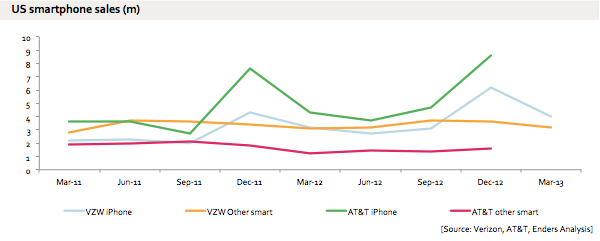
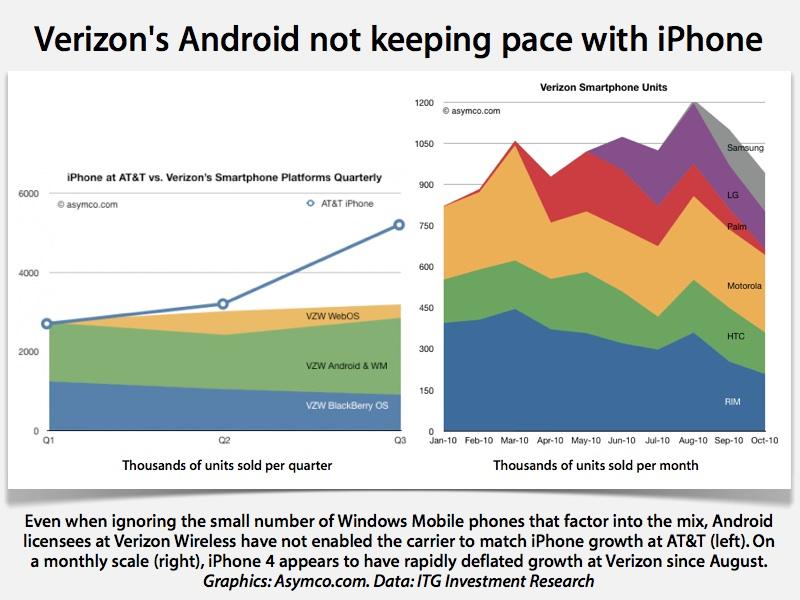
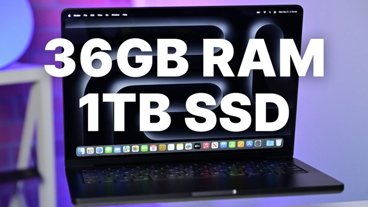

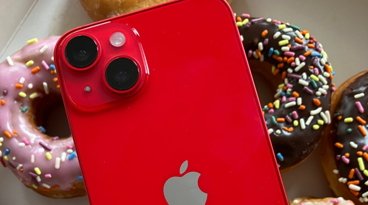



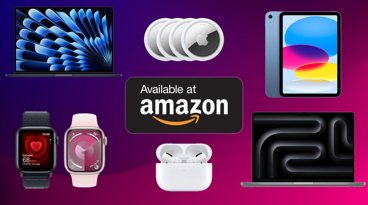





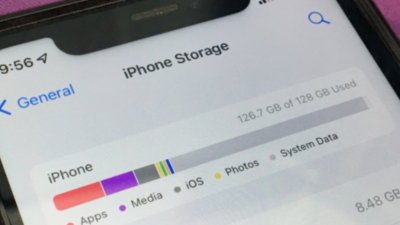
 Malcolm Owen
Malcolm Owen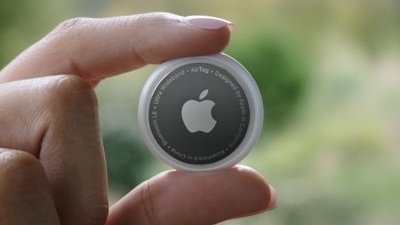
 Amber Neely
Amber Neely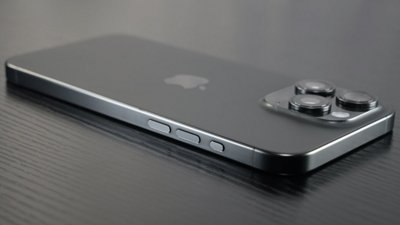
 Andrew Orr
Andrew Orr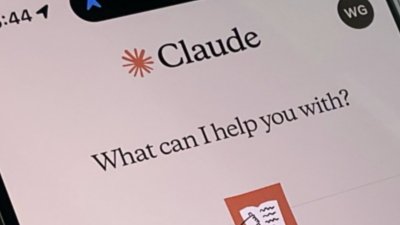
 William Gallagher
William Gallagher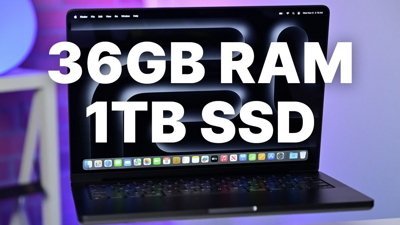
 Christine McKee
Christine McKee
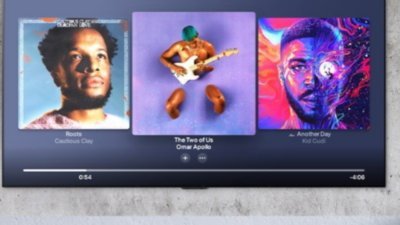

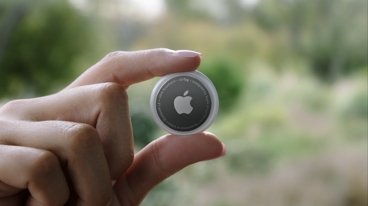
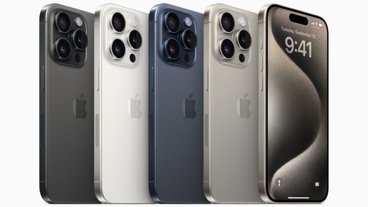







151 Comments
lol, stock price.
I'm sorry, but is the author of this article blind and unable to read his own charts? Looking at the VZW graph, it's clear that iPhone sales peaked in 2012 at 6 million and have been on a decline to 4 million in the most recent quarter. If you look at the most recent quarter, iPhone sales have slumped to almost the same point as Android - the graphs are almost on top of each other. Latest quarterly iPhone numbers are not shown from AT&T. This is a worthless and shoddy piece of "journalism" by any metric. Conclusions are drawn based on incomplete data, and the where complete data is available (Verizon) clearly shows Android and iPhone being neck-and-neck and completely disproving the headline and point of this piece. Hey AppleInsider, stick to reporting rumors and stop trying to write your own articles. You are clearly out of your element.
Another great? article by Deadhead
But, but openness, or freedom or something.
Another portent of Apple's doom. :rolleyes: